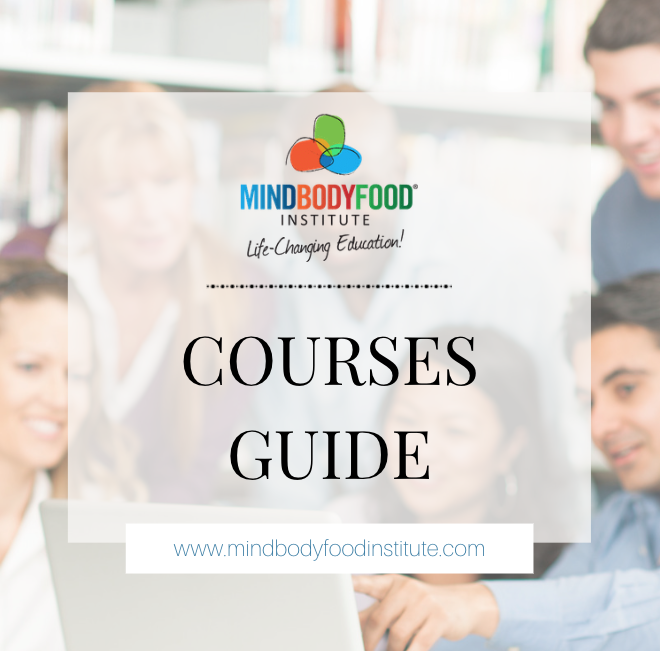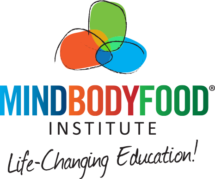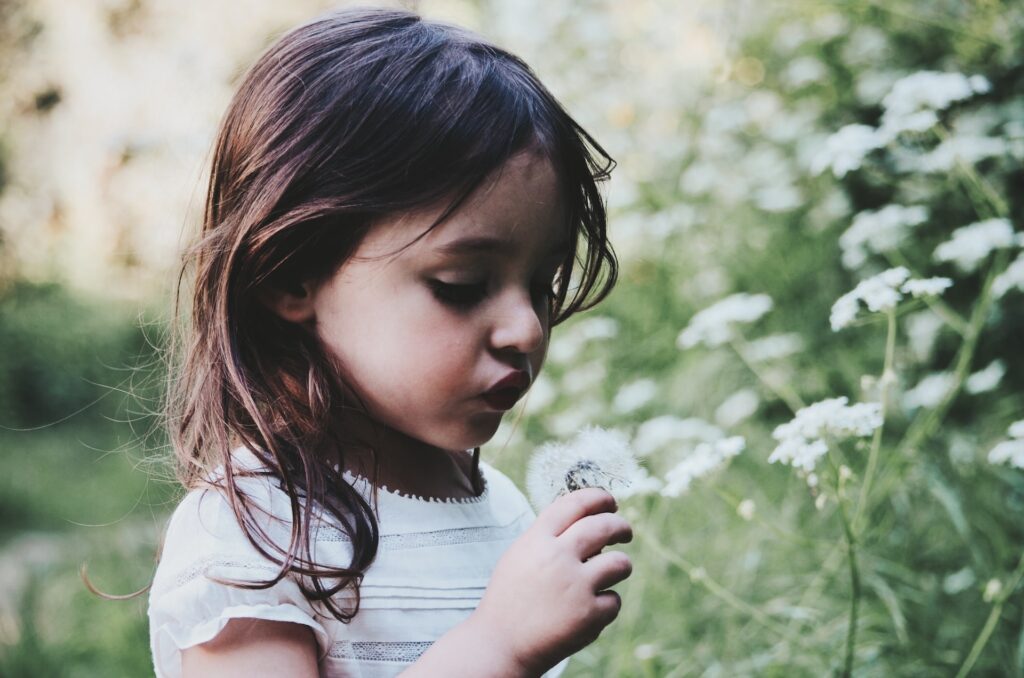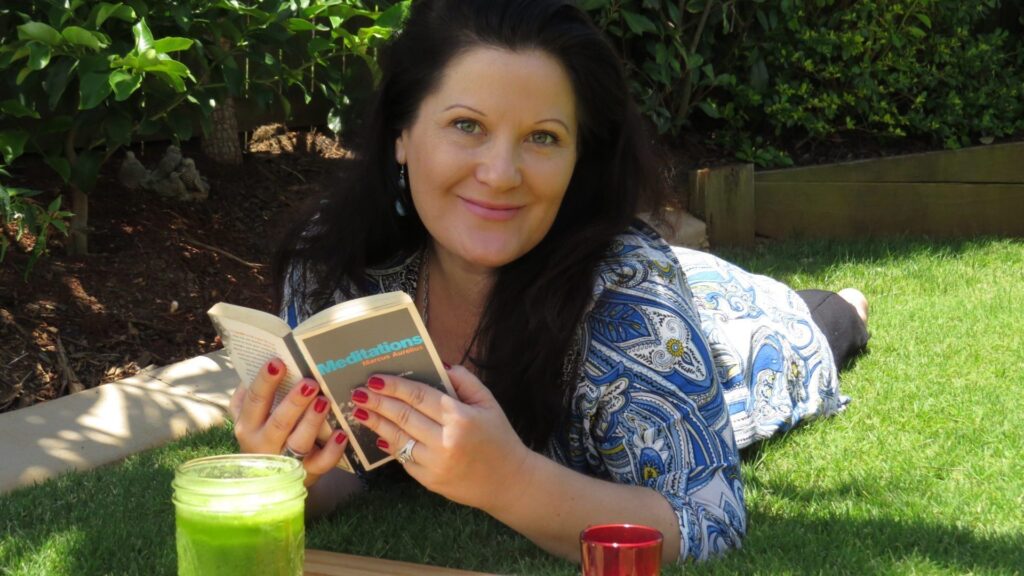The human brain never falls asleep, not even at night when the body needs to recharge. Kids’ brains are incredibly active and ready to accumulate information.
To boost focus and improve memory, research shows that the best “medicine” for the brain is meditation. Once a preferred relaxation practice by Buddhist monarchs, meditation has been proven to improve brain function and promote concentration, inner self-awareness, and self-discipline.
Effects of meditation on the brain – a statistical approach
Studies emphasize that meditation speeds brain blood flow and improves memory abilities in both adults and kids. Active toddlers can benefit from meditation to regain their focus, calm the mind, and achieve success in school.
Resolving conflicts in class may not seem easy to the introvert child who can barely stand up for himself. Performed daily, in the evening or early in the morning together with the parent, meditation helps the toddler concentrate better on any given circumstances, situations, and concepts.
Basic meditation techniques taught early in life provide kids the ability to train the brain into believing that calmness and relaxation are needed to succeed.
Apart from encouraging healthy brain function and proper memory function, meditation encourages concepts like mindfulness. Kids can be taught to grow up less stressed and anxious, and more open-minded and awareness of what’s happening around them through meditation.
As a parent, meditation may certainly come in handy for you too!
Start practicing meditation at home with your children
Whether at home or at school, a proper meditation routine will encourage clarity, learning, focus and relaxation.
Kids between the ages of 3 and 5 are able to understand the concept and its importance. But you shouldn’t push too hard, and limit sessions to 15-20 minutes max.
Look for a quiet spot at home (e.g. sun room, backyard) and set a daily/weekly schedule for meditation.
Here are some basic techniques to kickstart your sessions:
1. Ringing Bell Meditation
- Find a comfortable sitting position, and have your child close his eyes. Ask them to begin focusing on hearing and listening to the bell.
- Ring the bell gently to commence the meditation, and then ring it again to finish the session. The end result after 2 weeks of practice: active listening.
2. Beat Breathing
- Once again, after you’ve found a comfortable spot to sit, begin the session taking deep breaths in and deep breaths out. This technique is meant to help the body relax and stimulate blood flow throughout the entire body.
- Ask your child to focus on slow, focused breathing and in time he’ll be more relaxed and less anxious at home and at school.
3. Guided Imagination
- Make use of guided discussions to help your child imagine the perfect scenario or circumstance. Invite them to picture a comfortable place with their eyes closed.
- Speak gently and patiently to keep them focused on your voice, and relax their minds and bodies. When the calmness has been settled, talk about ways of dealing with tricky situations, such as: fixing a conflict at school, preparing for test, dealing with public speaking.
Meditation calms the brain and encourages imagination
The perks of meditation in younger kids are incredible. Done right, your offspring will grow up more confident and certain of his personality and character. It’s tough for pre-schoolers to get used to the environment at school. Not everyone gets along with their peers and teachers. If you’ve having trouble raising an introvert, shy child, meditation can prove to be extremely helpful.
The brain of the young child is wild
Kids are hyper-active and they often feel the need to lash out when they’re not being understood. Meditation helps calm the mind and body. You might need a few weeks to make your child understand the benefits, but if you commit and adhere to a meditation schedule, the end result will be staggering.
Be patient and willing to help. It all comes from within, and as a loving parent you are the role model.
Featured image by Caroline Hernandez on Unsplash.
Author:
Jason Phillips
Jason Phillips is a blogger and writes various articles on education. He also writes for smiletutor, an agency providing home tuitions for children in Singapore. He loves to go swimming and read books in his leisure time.
DOWNLOAD OUR COURSES GUIDE
Learn More About Our Course Offerings and Discover Which New Wellbeing Career Best Suits Your Passion!








